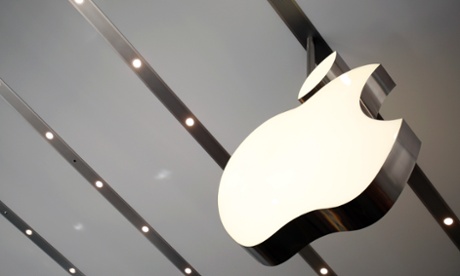
Apple faces a class action lawsuit in California from former retail and corporate over claims of unpaid wages and denied break time.
Initially filed in 2011, the lawsuit has been slowly winding its way through California courts, and was certified as a class-action suit on Tuesday, allowing all the claimants to fight their case as a group.
Previously, the case had been filed by four people working across the company's divisions, in both the headquarters and its retail arm. Now that it's been certified as a class-action suit, the potential pool of plaintiffs could grow considerably, with the risk of becoming a headache for the firm.
The four plaintiffs, who each worked for Apple for between one and 11 years, are bringing the case in an attempt to recover alleged "failure to provide meal and rest periods, failure to furnish accurate itemised wage statements, and failure to timely pay wages on the end of employment", according to court documents.
Specific claims include regularly working five hours without a meal break, a notice period of just three days, and a two-day delay in paying wages after that employment ended, all of which would be against Californian labour law.
The claims themselves may seem inconsequential, but with the pool of potential plaintiffs estimated at 18,000 people – the number of non-exempt Apple employees in the state – the sheer weight of numbers could turn it into a problem for the company, which has only recently settled another high-profile employment case.
In April, Apple and Google settled an antitrust lawsuit over allegations that they had colluded in order to avoid poaching each other's talent. Lawyers had been seeking $3bn in damages, but the companies, which also included Intel and Adobe, eventually agreed to pay $324m.

